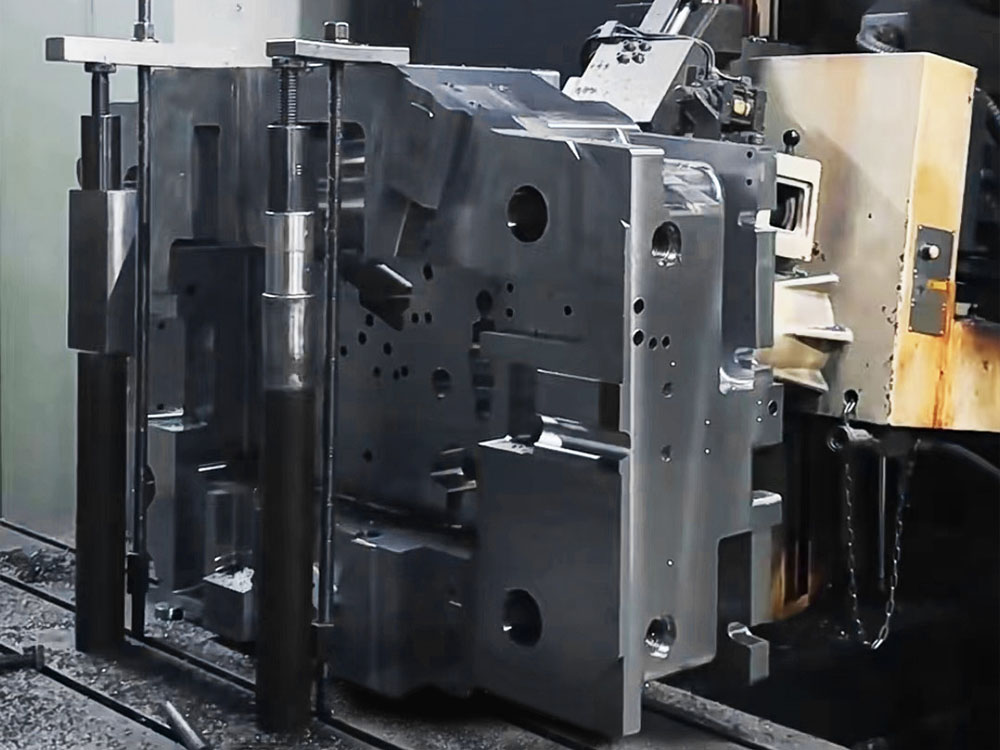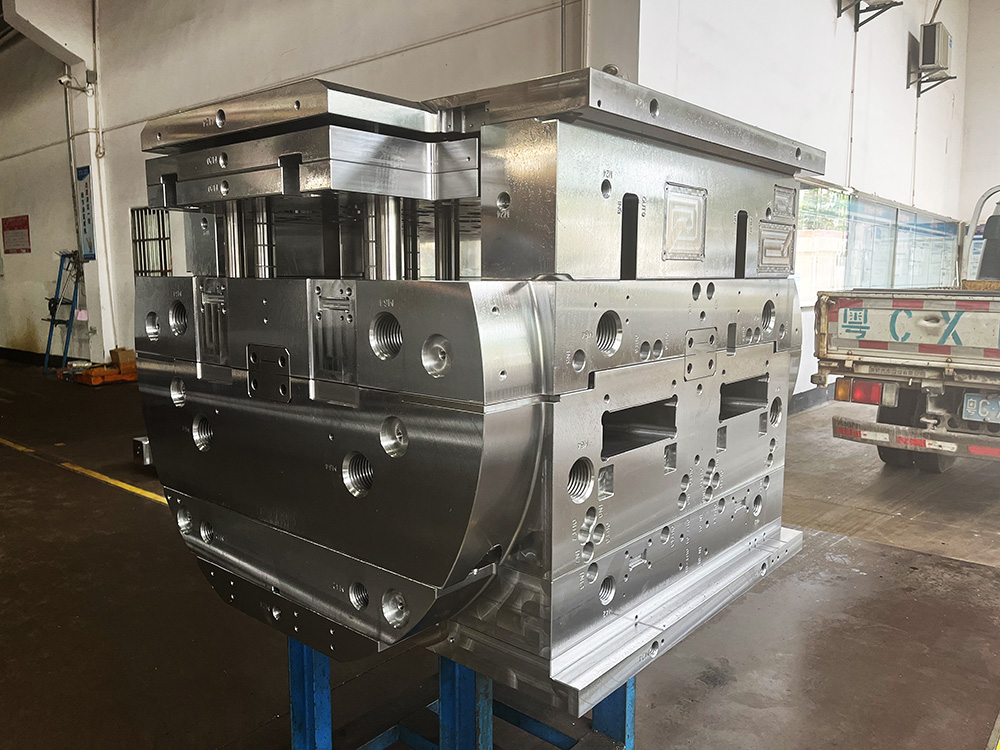How to File for Compensation in the Event of a Factory Closure in the Mold Base Industry
Factory closures can have significant financial and emotional implications for individuals and communities dependent on the affected industry. In the Mold Base industry, where the closure of a factory can impact the livelihoods of numerous workers, it is crucial to understand the process of filing for compensation. This article aims to provide a clear and professional guide on how to navigate this challenging situation effectively.
Understanding the Legal Framework
Before filing for compensation, it is essential to understand the legal framework surrounding factory closures and worker rights in your jurisdiction. Employment laws and regulations can vary between countries and regions, so it is crucial to consult with an employment lawyer who specializes in labor law. They can help you understand your rights, any legal obligations of the employer, and the available avenues for seeking compensation.
Collecting Evidence
To support your compensation claim, it is crucial to gather sufficient evidence that demonstrates the negative impact of the factory closure on your employment and financial stability. This evidence may include payslips, employment contracts, bank statements, and any other relevant documentation that showcases your employment history and financial losses resulting from the closure.
Additionally, it can be helpful to gather testimonies or statements from colleagues who have also been affected by the closure. These testimonials can corroborate your claim and strengthen your case when seeking compensation.
Identifying Compensation Options
Compensation options may vary depending on the circumstances and jurisdiction. It is best to consult with legal professionals or labor unions to understand the compensation mechanisms available to you. Some potential avenues for compensation in the event of a factory closure may include:
1. Severance Pay: In certain jurisdictions, employers may be legally obligated to provide severance packages to employees affected by a factory closure. Severance pay is typically based on factors such as length of service, position held, and legal requirements.
2. Unemployment Benefits: Many countries provide unemployment benefits to individuals who lose their jobs due to circumstances beyond their control, including factory closures. Understanding the eligibility criteria and application process for such benefits is essential.
3. Redundancy Pay: Redundancy pay may be available to workers in some jurisdictions when their positions become redundant due to a factory closure. Redundancy pay is often calculated based on factors such as length of service and specific local regulations.
Seeking Professional Assistance
Given the complexities involved in filing for compensation, it is advisable to seek professional assistance from employment lawyers or labor unions specializing in labor disputes. These professionals have the expertise and experience to guide you through the process, ensuring your rights are protected and increasing the chances of a successful compensation claim.
Filing for Compensation
Once you have gathered the necessary evidence and sought legal advice, it is time to file for compensation. The specific procedures for filing may vary depending on the jurisdiction and the compensation mechanisms available. It is crucial to follow the required steps accurately and meet the designated deadlines to avoid any potential complications or delays in your claim.
Conclusion
Factory closures in the Mold Base industry can be distressing for workers, impacting their livelihoods and financial stability. However, by understanding the legal framework, collecting evidence, identifying compensation options, seeking professional assistance, and following the correct procedures, you can maximize your chances of obtaining fair compensation. Remember to consult with legal experts to ensure that you are aware of your rights and obligations throughout the process.




